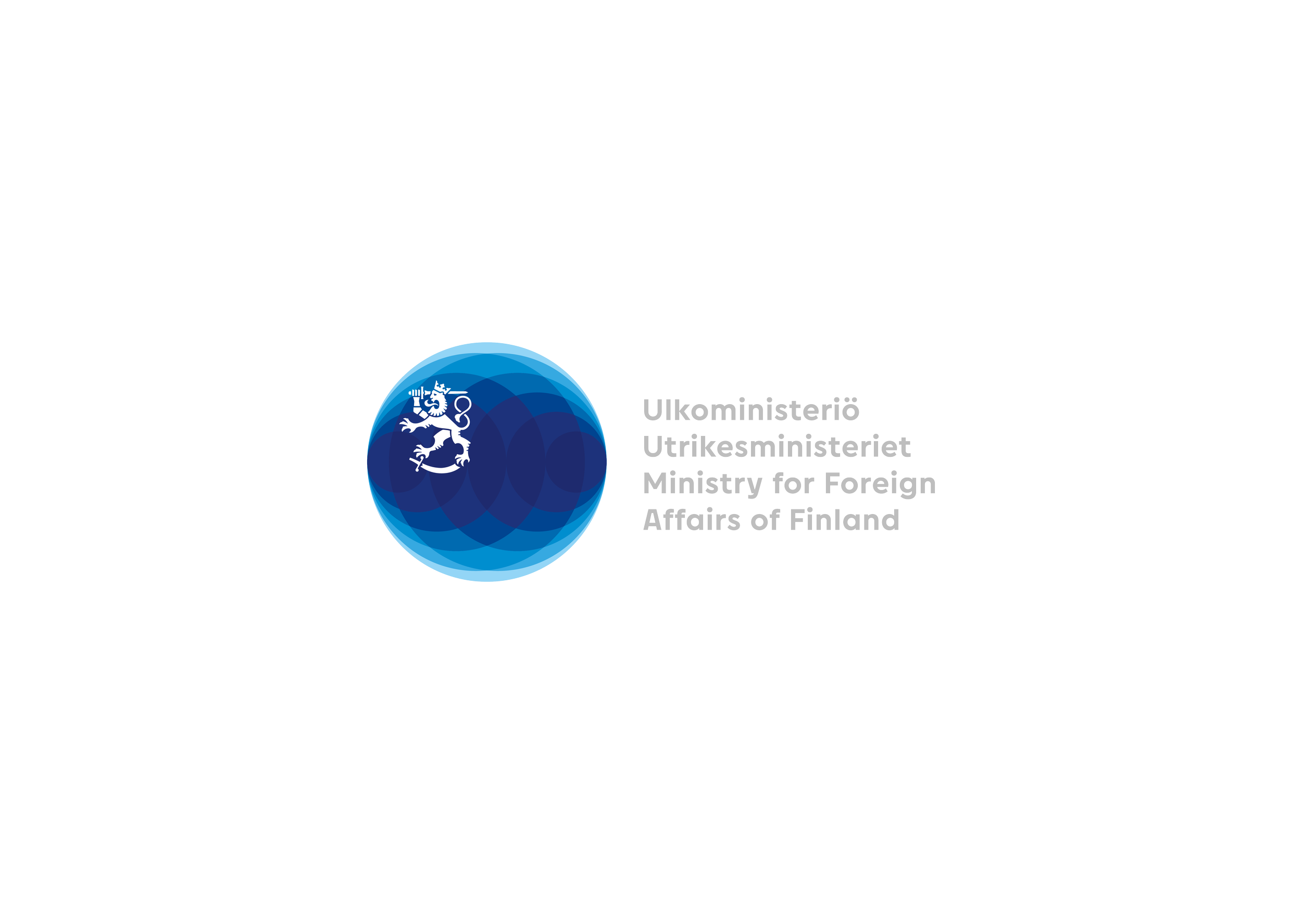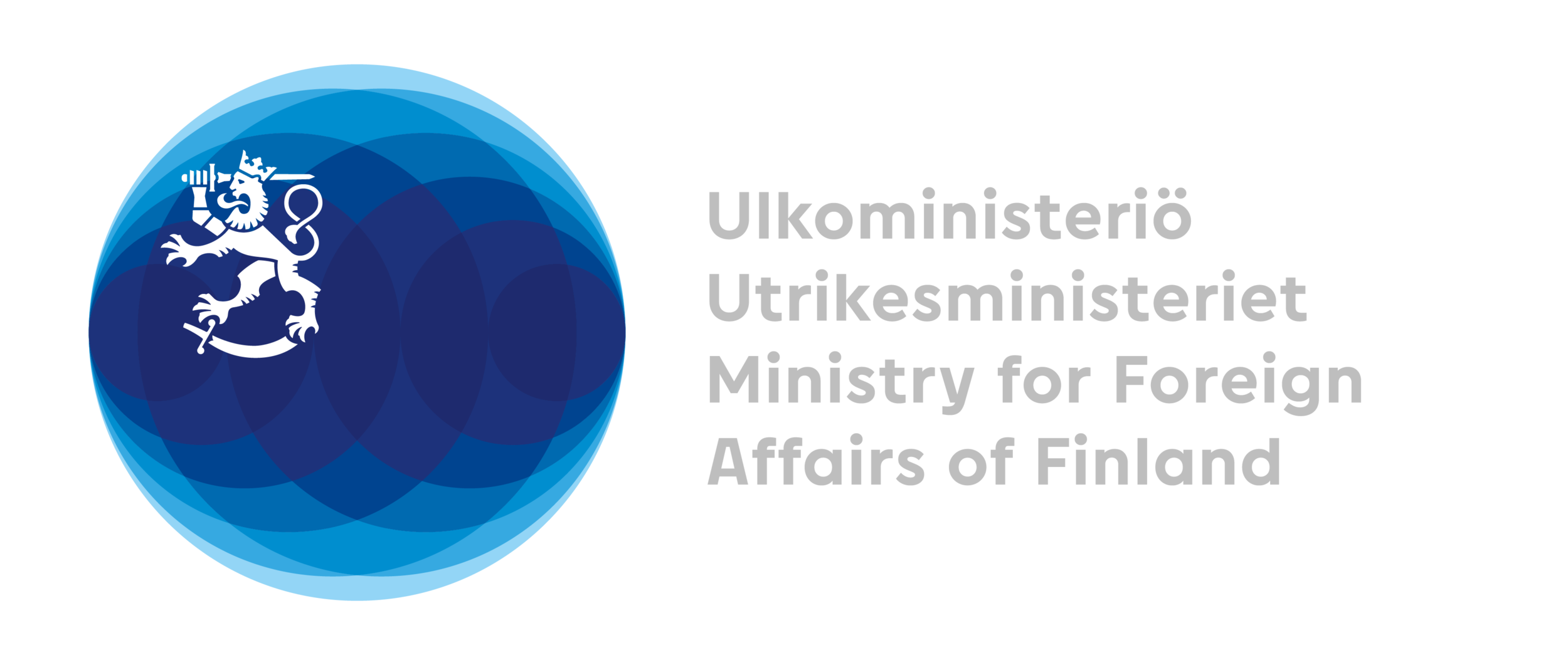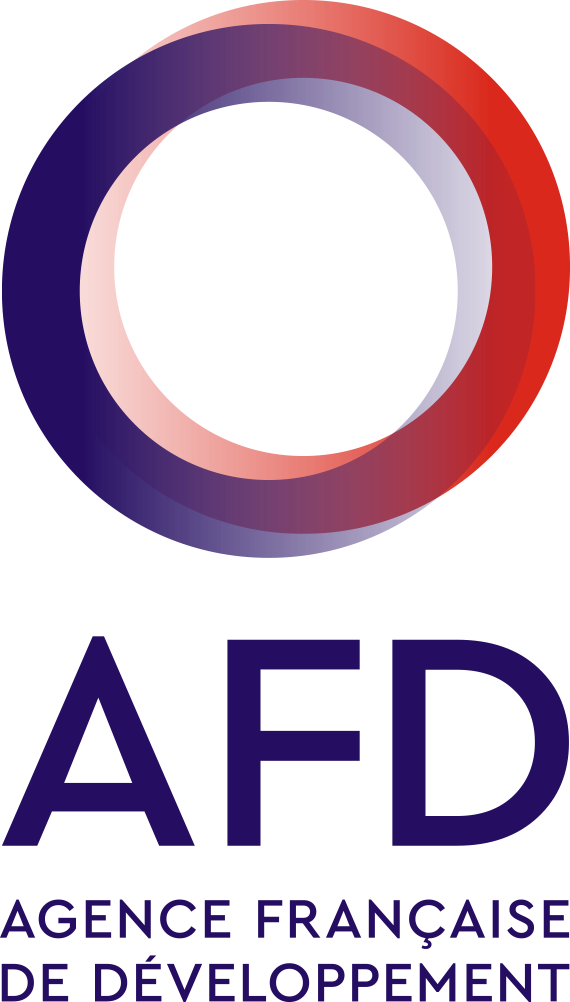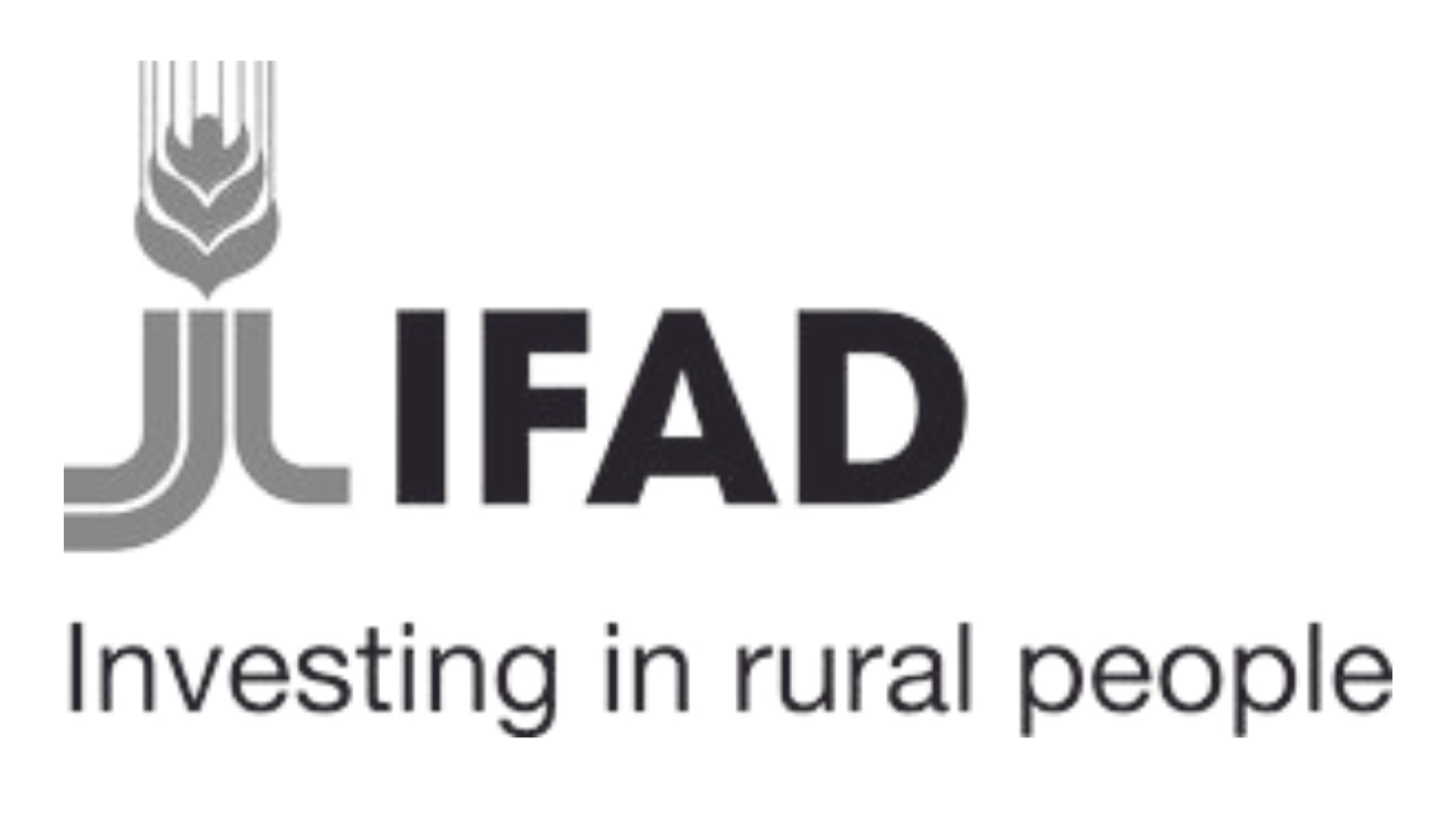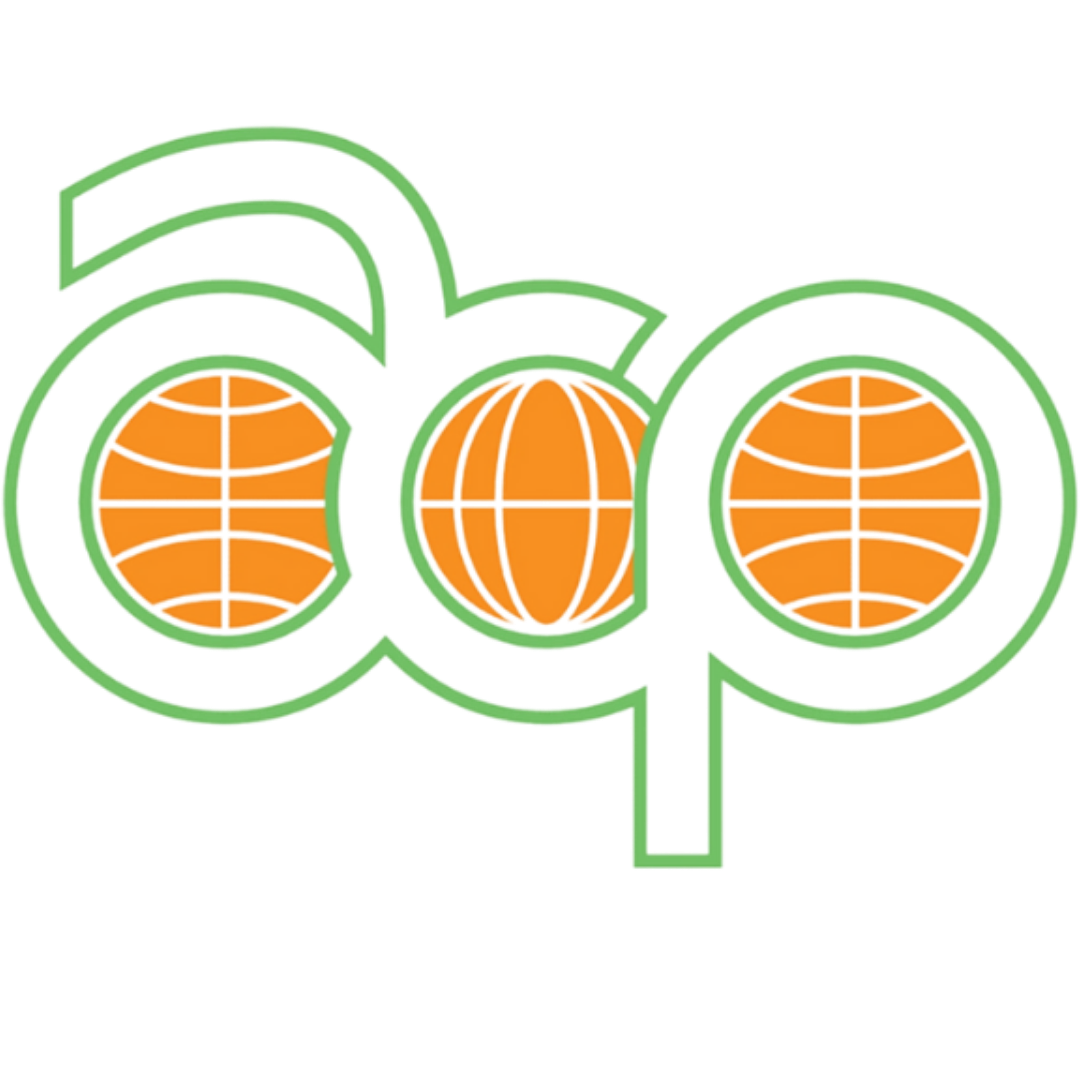Local TV, radio and newspaper reported from the OCA workshop in Tulsipur.
Productive family farms provide food security and employment for a growing population in developing countries. However, individual farmers require supporting networks able to provide knowledge and capital. Our goal is to strengthen Farmers’ Organizations, but also, to make sure that Farmers’ Organizations know how to keep strong for many years to come.
One of the tools FFD uses when working on strengthening Farmers’ Organizations (FO) is the Organizational Capacity Assessment (OCA). The OCA is a tool for producing a ”snap-shot” of the organizational capacity through a self-assessment, designed to measure overall capacity of the FO, to assess the FO’s current management capacity and to identify key areas of the FO that need strengthening. The OCA tool is meant to provide a platform for discussion within the FO about organizational issues. When the FO is using the OCA tool, the FO’s strengths and weaknesses are discussed, and the discussions increases the FO member’s understanding and knowledge of the importance of a well-functioning organization. It gives insight to the development needs of the organization, it helps in prioritizing the capacity building efforts, and (when repeated) it helps to track progress or development trend related to different capacity areas. The OCA tool helps the organization with self-reflection, learning and promotion of inclusion.
OCA discussions in inclusive groups.
Fruitful OCA discussions in Tulsipur, Nepal
Last week, an OCA workshop was held in Tulsipur, Nepal, with 45 participants from 10 Community Forest User Groups (CFUGs) of Amritpur Social Entrepreneur Cooperative (ASEC) in the FFD project “Women for entrepreneurship and resilience”. FFD’s Project Manager Jenny Öhman facilitated the workshop together with Janak Acharya (FECOFUN) and ASEC’s adviser Shovakhal Sapkota. The workshop was formally opened by the Mayor of Tulsipur, Tika Ram Khadka, and local TV, radio and newspaper reported from the workshop. The discussions were done in inclusive groups, where each group scored the level of the organization on various topics: services, member engagement, leadership, human resources, financial and quality management, advocacy and climate. Through the work in small and inclusive groups, all participants were involved and when presenting the results women were encouraged to speak up.
In the discussions, main points concerned livelihoods, entrepreneurship, gender, organizational capacity, finance and climate. The outcomes from this OCA workshop were increased knowledge on organizational capacity, the structure and work of ASEC, diverging opinions deriving from different factors (gender, member of different CFUGs, own knowledge level of the topic) were acknowledged, and areas of both weaknesses and strengths of ASEC were identified. In ASEC’s adviser Shovakhal Sapkota’s conclusions he mentioned that ASEC as a result of this OCA workshop will work on improving the communication to the members (on activities and results), improving the knowledge sharing mechanisms (sharing knowledge received in trainings) and ASEC executive committee will discuss the OCA results and make a strategic plan based on the results.
The OCA will be done with ASEC again in two years’ time – looking forward to more fruitful discussions, and on seeing what changes have happened since today!
OCA workshop participants from all ASECs 10 Community Forest User Groups
Text & pictures: Jenny Öhman, FFD Project Manager
The project: ‘Women for Entrepreneurship and Resilience - transforming fish-farming and forest value-chains in Nepal’ is funded by the Ministry for Foreign Affairs of Finland from 2021-2024







